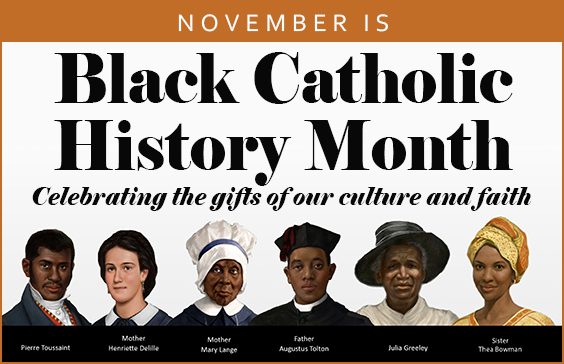1. W. E. B. Du Bois, “Strivings of the Negro People.” 1897.
- The earliest writer on our list, Du Bois, is the first African American to graduate with a Ph.D. from Harvard. His writings, such as “Strivings of the Negro People,” give us a perspective of the kinds of civil rights thoughts that would inspire nearly all of the writers below on this list.
2. Langston Hughes, “The Negro Artist and the Racial Mountain.” 1926.
- Hughes is known as one of the chief poets of the Harlem Renaissance, an explosion of creative activity by young black artists in the late 20s and early 30s. In this essay, Hughes talks about what it means to have your work always seen in the light of your race and how artists can find a personal style and advocate for large groups.
3. James Baldwin, “Letter From a Region in My Mind.” 1962.
- Baldwin, like Hughes above, is one of our writers who might be better known for their literary production, but his social essays are equally relevant. As the epigraph of the letter reads, “Whatever white people do not know about Negroes reveals, precisely and inexorably, what they do not know about themselves.”
4. Martin Luther King Jr., “Letter from Birmingham Jail.” 1963.
- This guy probably doesn’t need any introduction, but it’s essential to study MLK’s work beyond just the familiar “I Have a Dream” speech (but hey, it never hurts to revisit that, either). Far from a triumphant speech, King’s “Letter from Birmingham Jail” was written by King during a time of incarceration. Still, in this letter, he explains the motivation for his continuous work in civil rights and why he would continue to risk personal safety and well-being for others.
5. Malcolm X, “Learning to Read” (From The Autobiography of Malcolm X). 1965.
- Like King above, Malcolm X is considered one of the most recognizable figures from the civil rights movement of the 60s, but whose writings and work tend to receive less focus than King. In this section of his Autobiography, X describes freeing himself from metaphorical illiteracy and blindness while spending time in prison; this leads him to open historical and political questions with which he would spend the rest of his life struggling.
6. Claudia Rankine, Citizen. 2014.
- Citizen is our entry that you might have to pay for (the link contains some excerpts). Still, it’s winning the National Book Award for Poetry, as its immediate inclusion on college syllabi across the United States makes it too necessary to miss. The book is a blend of poetry and nonfiction, making it a flexible and versatile way of addressing contemporary issues of race and sexuality.
7. Toni Morrison, “The Color Fetish.” 2017.
- Arguably one of the most influential novelists of the U.S. in the second half of the 20th century, Morrison was rewarded for her work with a Nobel Prize in Literature in 1993. While her novels are gripping and worth studying on their own, Morrison has also been a consistent and prescient voice for diagnosing the contours of American culture.
8. Ta-Nahisi Coates, “My President was Black.” 2017
- While this is probably our most out-and-out political article (very hard to avoid on a list like this), Coates, in this essay, looks back on Barack Obama’s two terms as president to assess not only how the president did but also how he lived up to the original expectations that are finally having a black president in the White House would signal a massive sea change in race relations across the U.S.
9. Zadie Smith, “Getting In and Out.” 2017.
- While Smith is a brilliant writer in her own right, this piece features her also considering the movie Get Out by Jordan Peele. Anyone familiar with Peele or Smith’s work might find this interesting as, while much more than a “review,” this piece gives you an insight into how one respected and successful artist views another.
10. Cornell West, “Power Is Everywhere, but Love Is Supreme.” 2019.
- Suppose West hasn’t come across your radar for his writings, public appearances, or having taught at Harvard, Yale and Princeton. In that case, you may still recognize his signature appearance (I mean, the guy was in multiple Matrix movies). This piece is among the most optimistic on our list, and there is a nice little encapsulation of the arc of history that our list begins with the first black Ph.D. to graduate from Harvard, and we end with West, who was the recipient of the W. E. B. Du Bois Fellowship from the very same school.
